
People with myasthenia gravis (MG) had a higher risk of hospitalization for COVID-19 compared to the general population and a control group of people with rheumatoid arthritis (RA).

People with myasthenia gravis (MG) had a higher risk of hospitalization for COVID-19 compared to the general population and a control group of people with rheumatoid arthritis (RA).

A new case series highlights characteristics and challenges of this subgroup of patients with myasthenia gravis (MG).

James F. Howard, Jr, MD, professor of neurology at the University of North Carolina at Chapel Hill, explains the antibody subtypes associated with this rare neuromuscular disease.
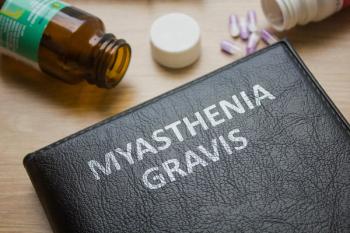
A patient with myasthenia gravis (MG) quickly deteriorated after he woke up from an endovascular procedure.
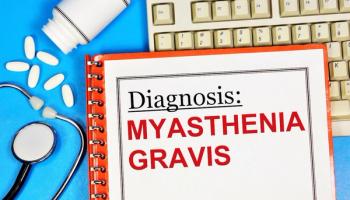
The new research could help identify ways to preserve neuromuscular junctions.

Female patients were most likely to experience onset of triple-negative myasthenia gravis (MG) between ages 0 to 9 years.
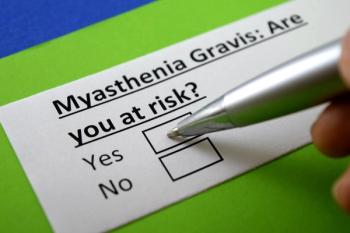
The tool can help clinicians stratify patients into high-risk and low-risk categories.
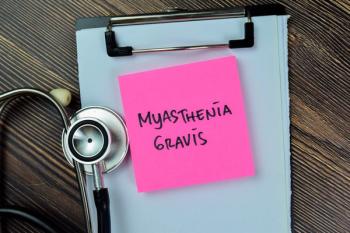
The patient received a diagnosis of myasthenia gravis (MG), then underwent a medical odyssey as physicians attempted to pin down the cause of his neurological symptoms.
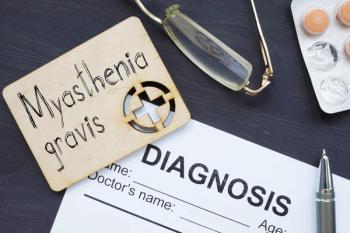
The new report suggests patients with acetylcholine receptor (AChR) antibody titers above 8.11 nmol/L were at higher risk of conversion.

People with muscle-specific kinase myasthenia gravis appear to have more active antibody responses in general, the study found.

The authors said it is the first study of epidemiology and real-world treatment in Germany.

Myasthenia gravis affects about 60,000 individuals in the United States.

Just 26 cases have been reported in which myasthenia gravis (MG) symptoms appeared following vaccination.

While repetitive nerve stimulation (RNS) remains a mainstay of myasthenia gravis diagnosis, investigators said it does not appear to yield prognostic insights.

The article suggests the inflammatory components of myasthenia gravis have been underexplored in the effort to develop new therapies.

A different type of test may improve diagnosis for some patients with myasthenia gravis (MG).

The patient, an 83-year-old man, experienced onset of myasthenia gravis after a severe SARS-CoV-2 infection.

Even patients with the mildest symptoms of myasthenia gravis said they experienced negative quality-of-life (QOL) effects from the disease.
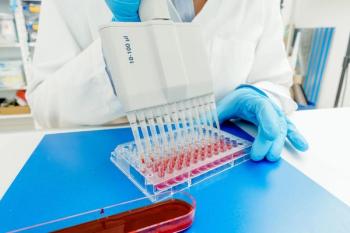
The findings from among patients with myasthenia gravis (MG) could point the way to a potential new drug target, the authors said.

With most previous studies on ocular myasthenia gravis stemming from investigations the neurology field, the present investigators came to their conclusion via neuro-ophthalmic analysis.

A real-world study of health care resource utilization (HCRU) in patients with myasthenia gravis on second-line therapy identified the factors that led to increased financial burdens.

The researchers note that this finding adds valuable insight for individualized treatment decisions in scenarios where the role of thymectomy is not fully clear.

The systemic review and meta-analysis, believe the researchers, is the first of its kind to characterize the prevalence of depression among these patients.
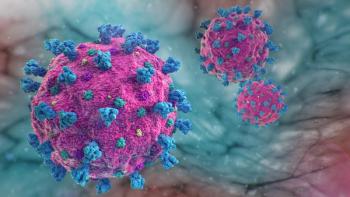
The researchers hypothesize that SARS-CoV-2 infection may have triggered thymic inflammation, spearheading initial expression of muscle-like epitopes and T-cell dysregulation.

259 Prospect Plains Rd, Bldg H
Cranbury, NJ 08512
© 2025 MJH Life Sciences®
All rights reserved.
